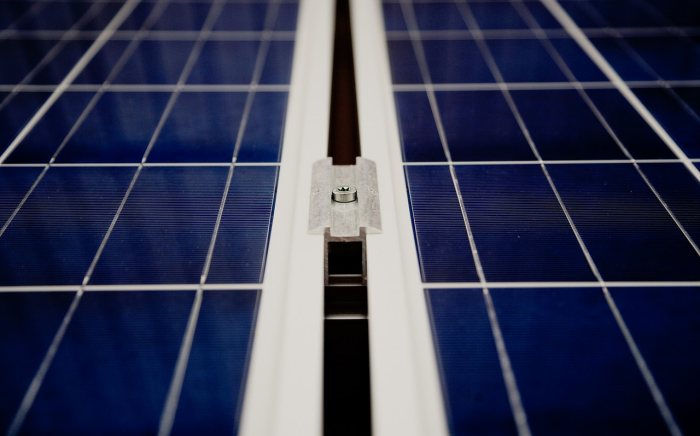
Image: marcusspiske
The City of Darebin is boosting its Solar Saver program in an effort to help the City increase its installed solar power capacity from 18MW to 36MW.
The City of Darebin is a local government area in the northern suburbs of Melbourne. It covers all or parts of Bundoora, Kingsbury, Macleod, Fairfield, Alphington, Northcote, Preston, Reservoir, Coburg and Thornbury.
The City’s Solar Saver program pays for the upfront cost of a 2kW – 10kW solar power system, with eligible recipients paying off the installation through an additional charge on quarterly rates for up to ten years, interest-free.
The payments are structured to be less than the savings. Based on Victoria’s feed in tariff currently at 11.3 cents/kWh, Council says typical savings for a 3kW residential system are around $490 per year above the special charge scheme repayments, assuming 50% on-site usage.
500 low income householders have participated in the Solar Saver program to date and a new round will see installations occur from July this year. Council estimates more than 2,000 households could benefit from the third round, which will be expanded to include all residents, small businesses, schools and organisations.
In a council meeting just prior to Xmas, Council resolved to continue the program with no interest charged in order to maximise the number of participants, and that the program will be funded from Council’s existing cash reserves. The interest foregone in taking this approach will be around $1.45 million
Priority for installation will be given to households that meet low income requirements and all other households will be prioritised based on the date completed household agreements are received, until funding is exhausted. There should be plenty of interest, especially given recent electricity price increases in Victoria.
In 2015/16, commercial/industrial electricity emissions accounted for 39% of Darebin’s carbon footprint and residential electricity accounted for 23%.
Last year, Council adopted the Darebin Climate Emergency Plan, which among various actions seeks to double solar capacity in Darebin over the next 5 years. As well as Solar Saver and bulk buy programs, Darebin will increase the number of solar panels on Council’s own buildings.
The Plan also incorporates a fossil fuel divestment element, taking investments away from companies that extract and supply fossil fuels; as well as the institutions that fund them. Action will also be taken on transport, which makes up 18% of Darebin’s emissions, through improvements to infrastructure, encouraging electric vehicle use, increasing the car share network and reviewing fleet policy to upgrade to low-emissions vehicles.

 RSS - Posts
RSS - Posts



The above article refers to assistance for local systems up to 10 kW.
Many single household dwellings have roofing that consists of multiple orientations, with roof surface areas in each direction, being limited to less than 5kW of available panels mounting areas.
I have been advised that with a two MPPT inverter, which allows for 2 strings on each MPPT, having arrays of panels of different orientations, on a single MPPT, restricts the electricity generation to the performance of the lower performing orientation of panels.
So, where a roof has thee orientations of roof faces, that could be used for PV electricity generation, a PV inverter with only two MPPT’s, regardless of how many strings can be input into each MPPT, only two of the roof faces orientations, can be effectively used, limited by the number of MPPT’s of the PV inverter.
This, then, leads to the question; are any 5kW (or, larger, where export limiting is implemented or, where single phase grid connections involving more than 5kW of PV inverter output capacity, are allowed), single phase, hybrid (allowing connection with and usage of, AC-coupled batteries), PV inverters, available in Australia, with 3 or more MPPT’s, from reputable manufacturers?